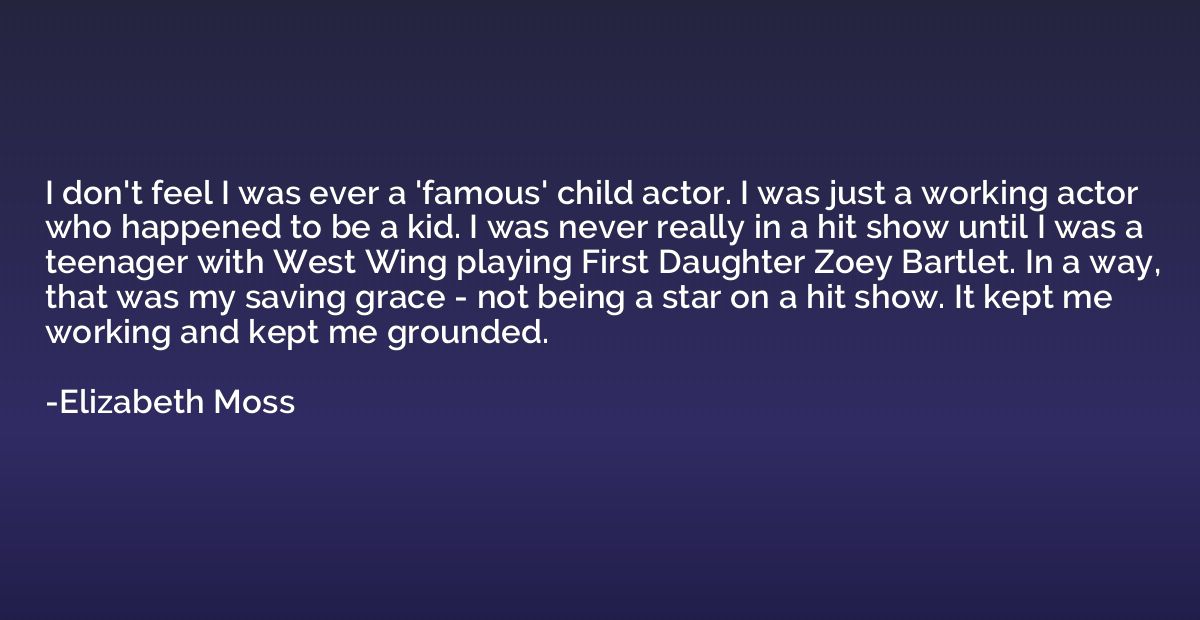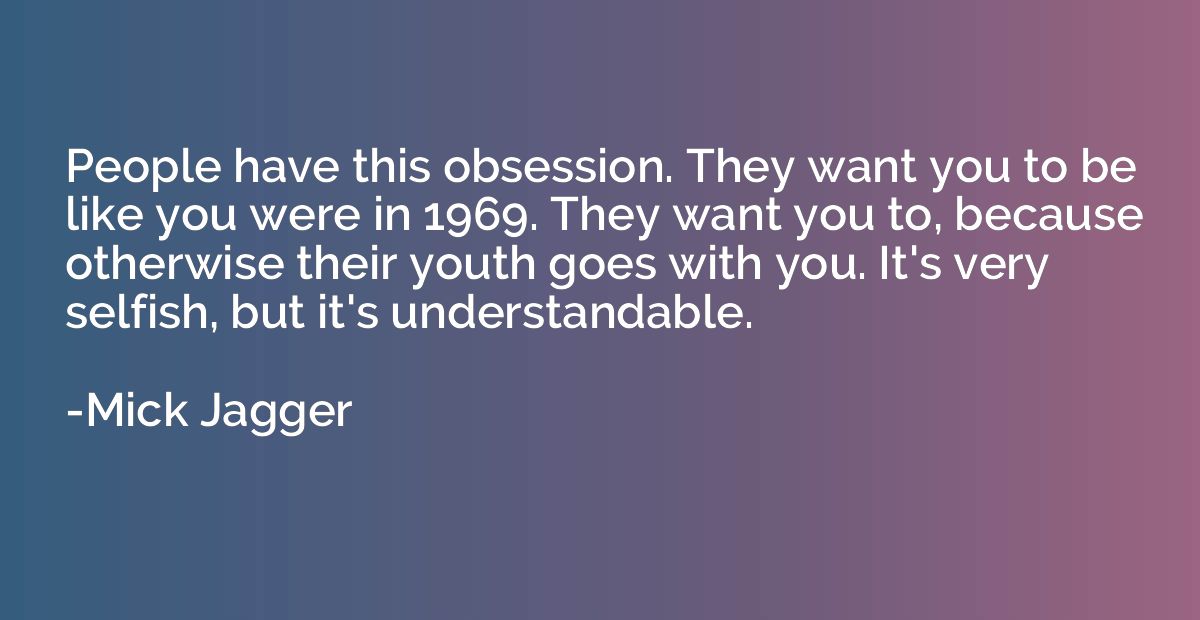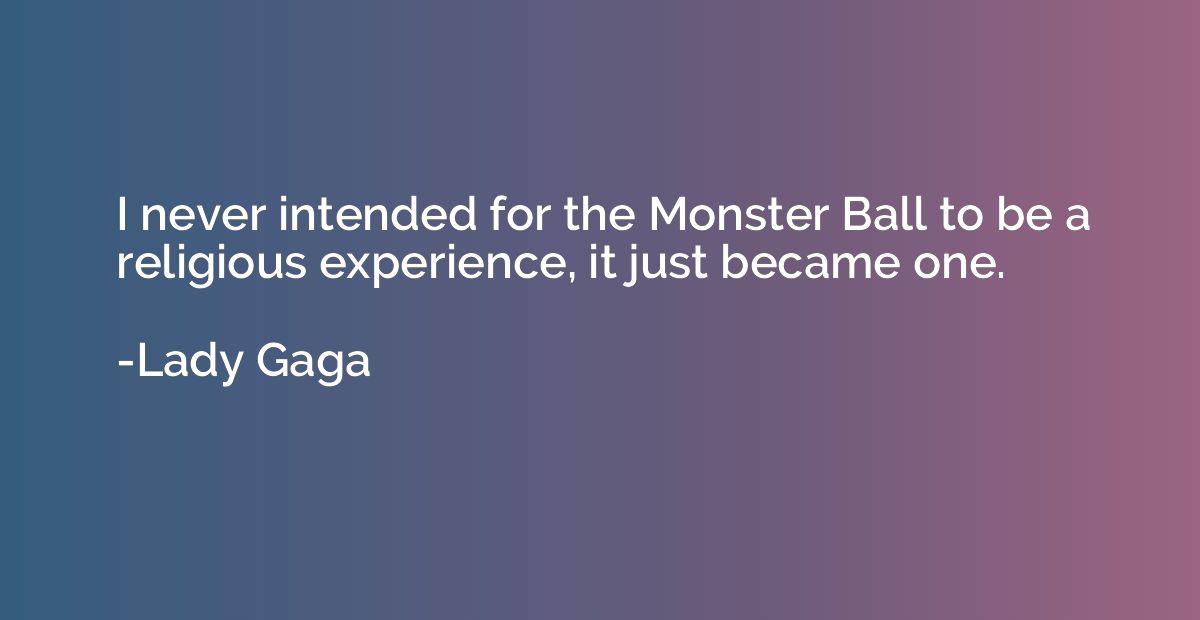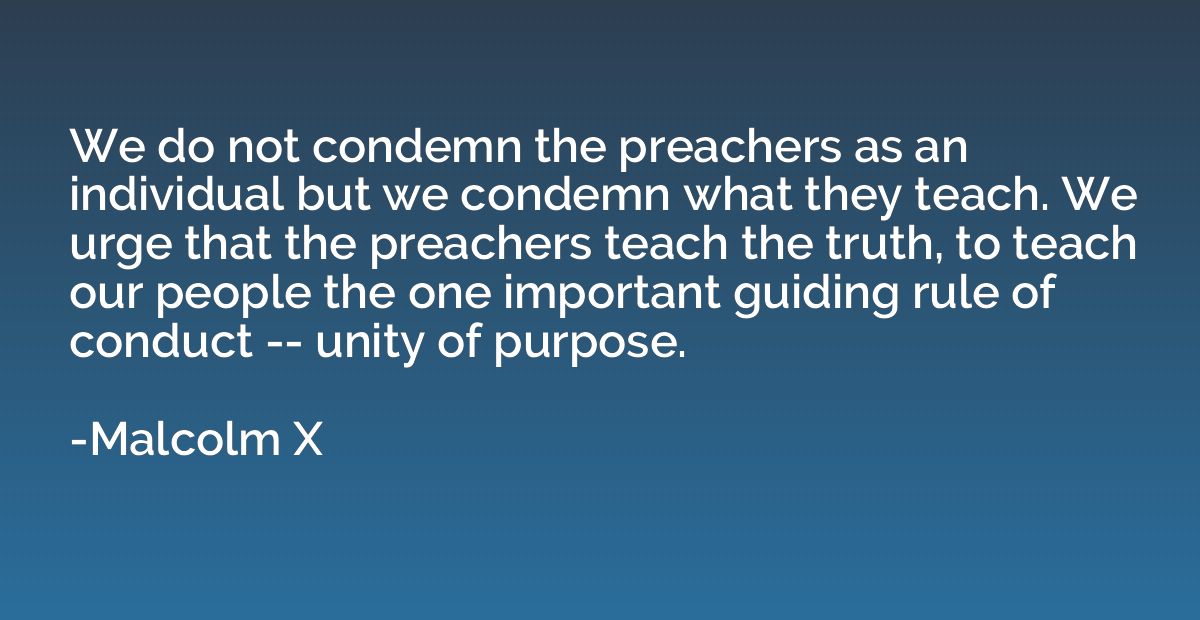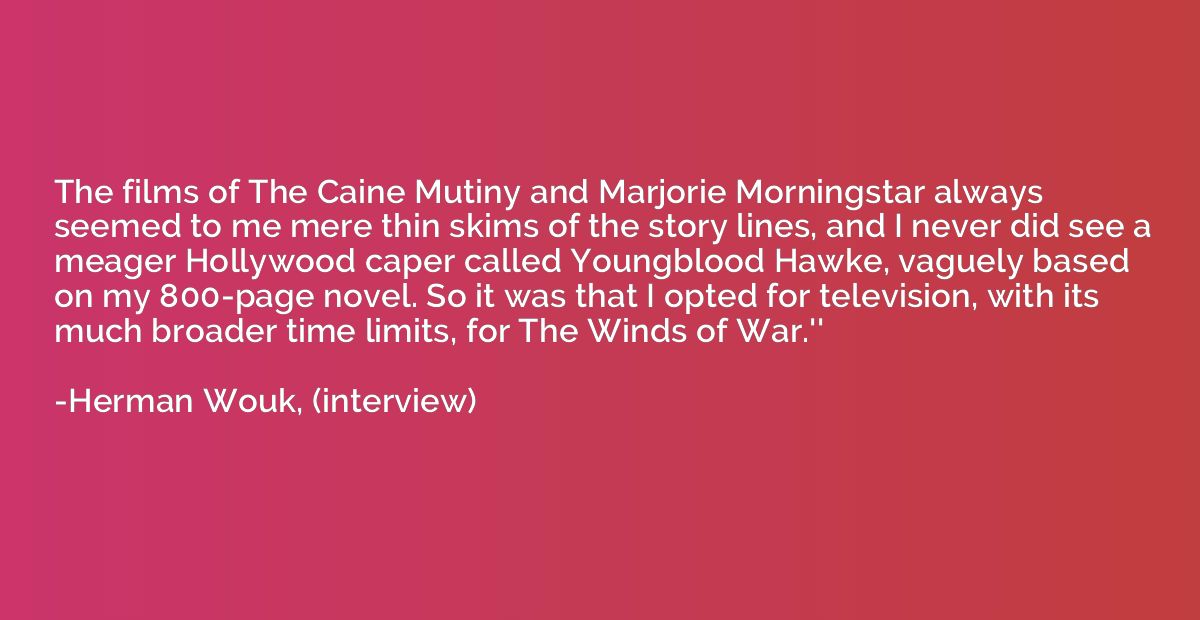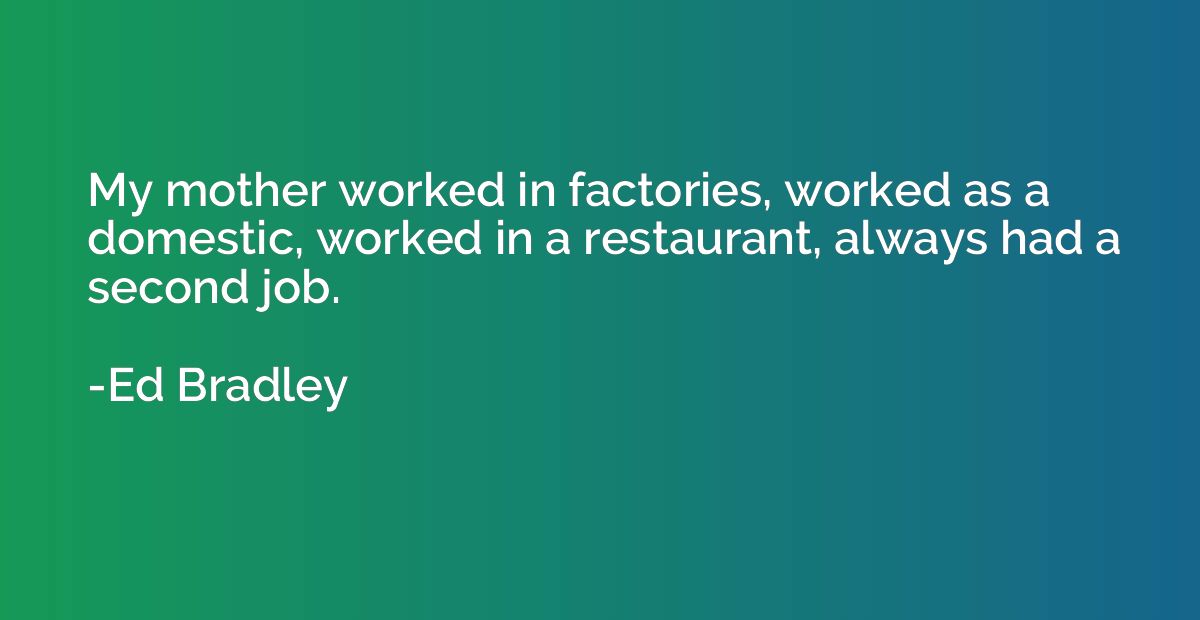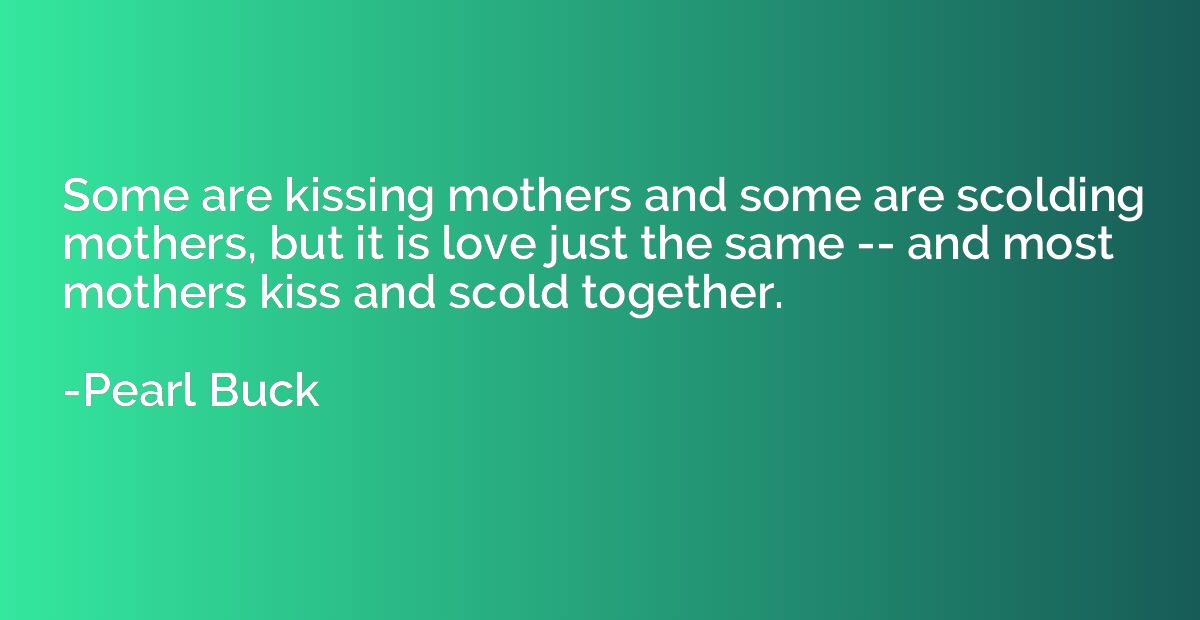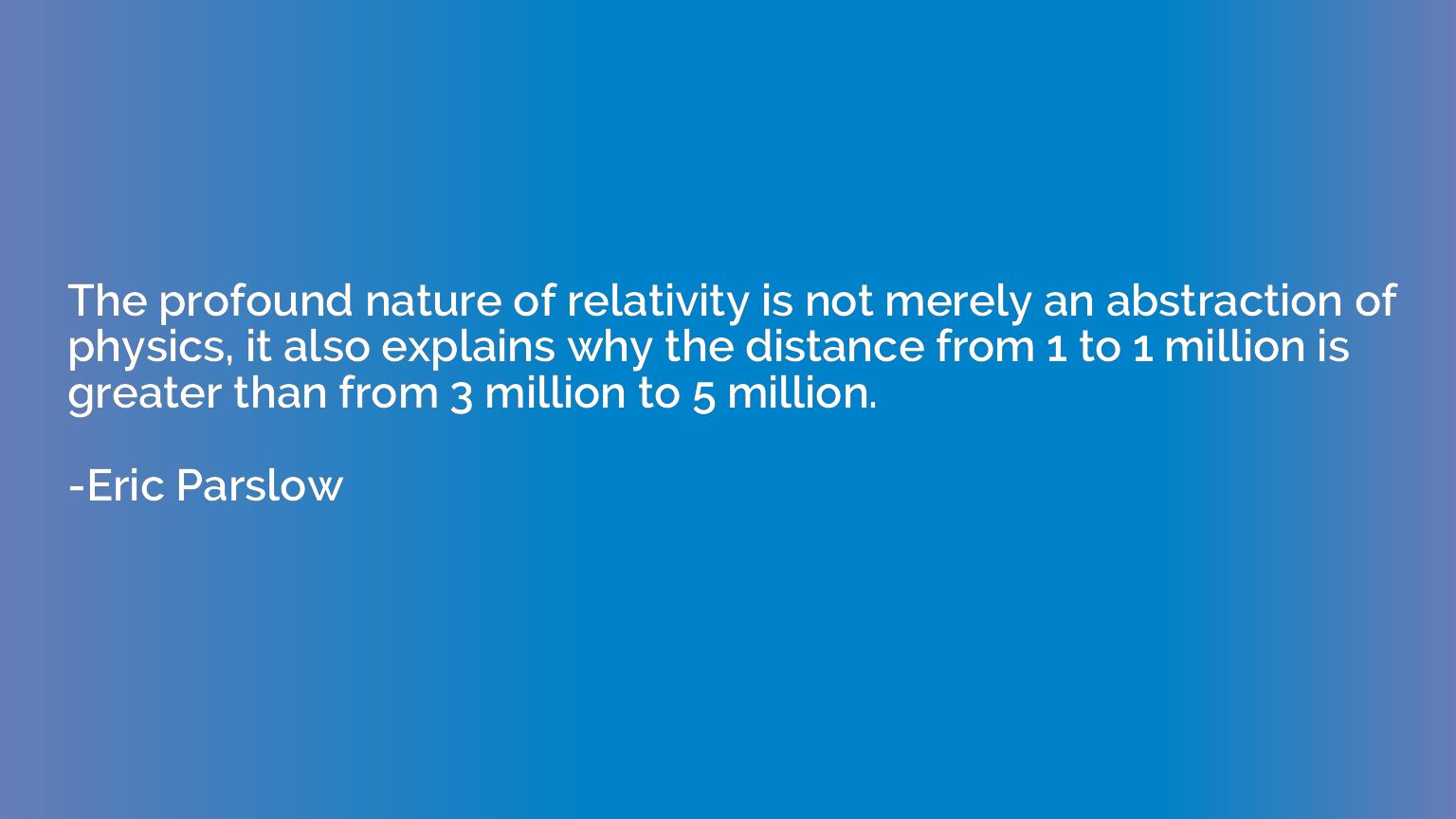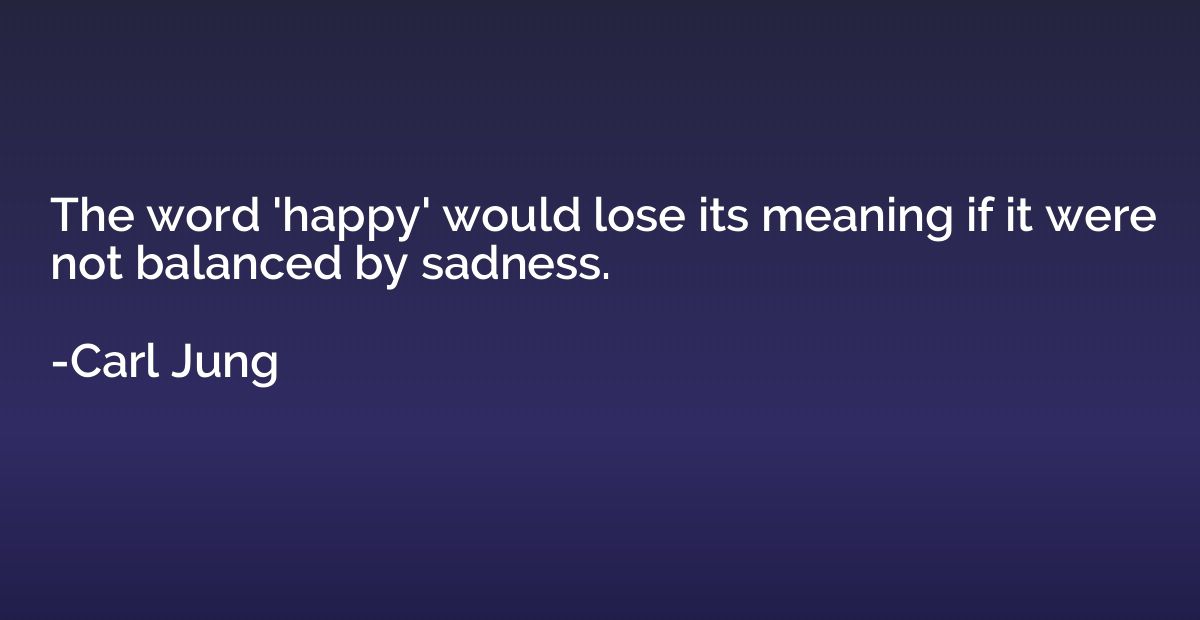Quote by Elizabeth Alexander
What if the mightiest word is love, love beyond marital, filial, national. Love that casts a widening pool of light. Love with no need to preempt grievance.In today's sharp sparkle, this winter air, anything can be made, any sentence begun.On the brink, on the brim, on the cusp -- praise song for walking forward in that light.
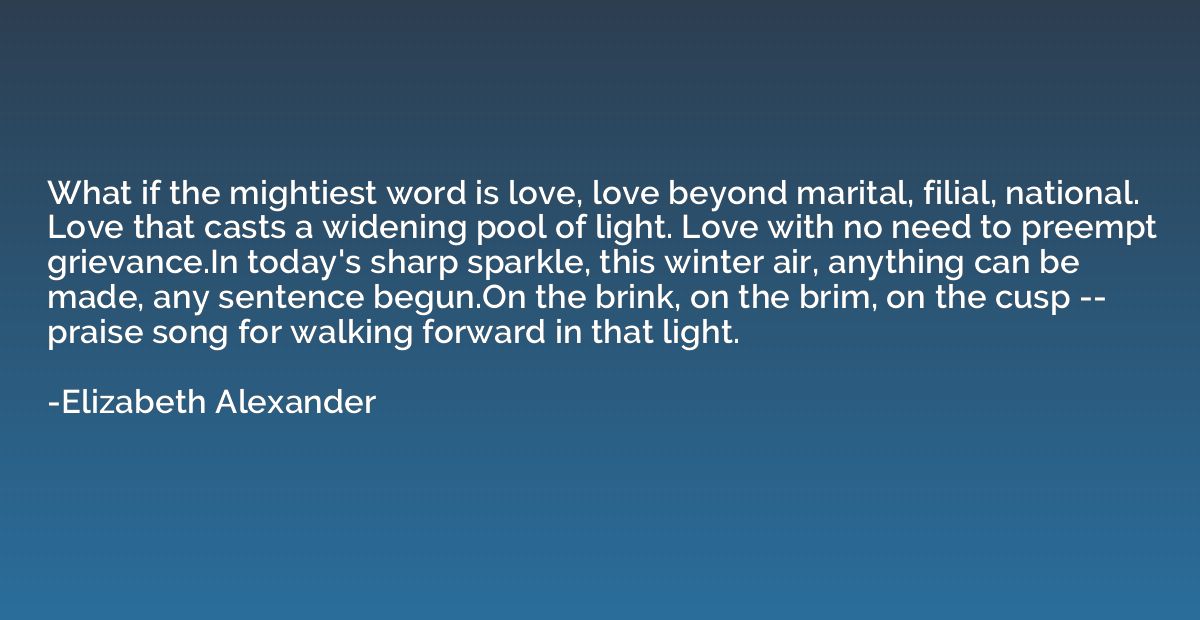
Summary
This quote highlights the power and importance of love, suggesting that it surpasses the boundaries of marriage, family, and even nationality. It emphasizes a love that brings illumination and understanding without any need for bitterness or resentment. The quote suggests that in the current world full of possibilities, anyone can create and embark on a new path with a positive mindset and a celebration of progress, symbolizing a praise song for moving forward guided by the transformative power of love.



